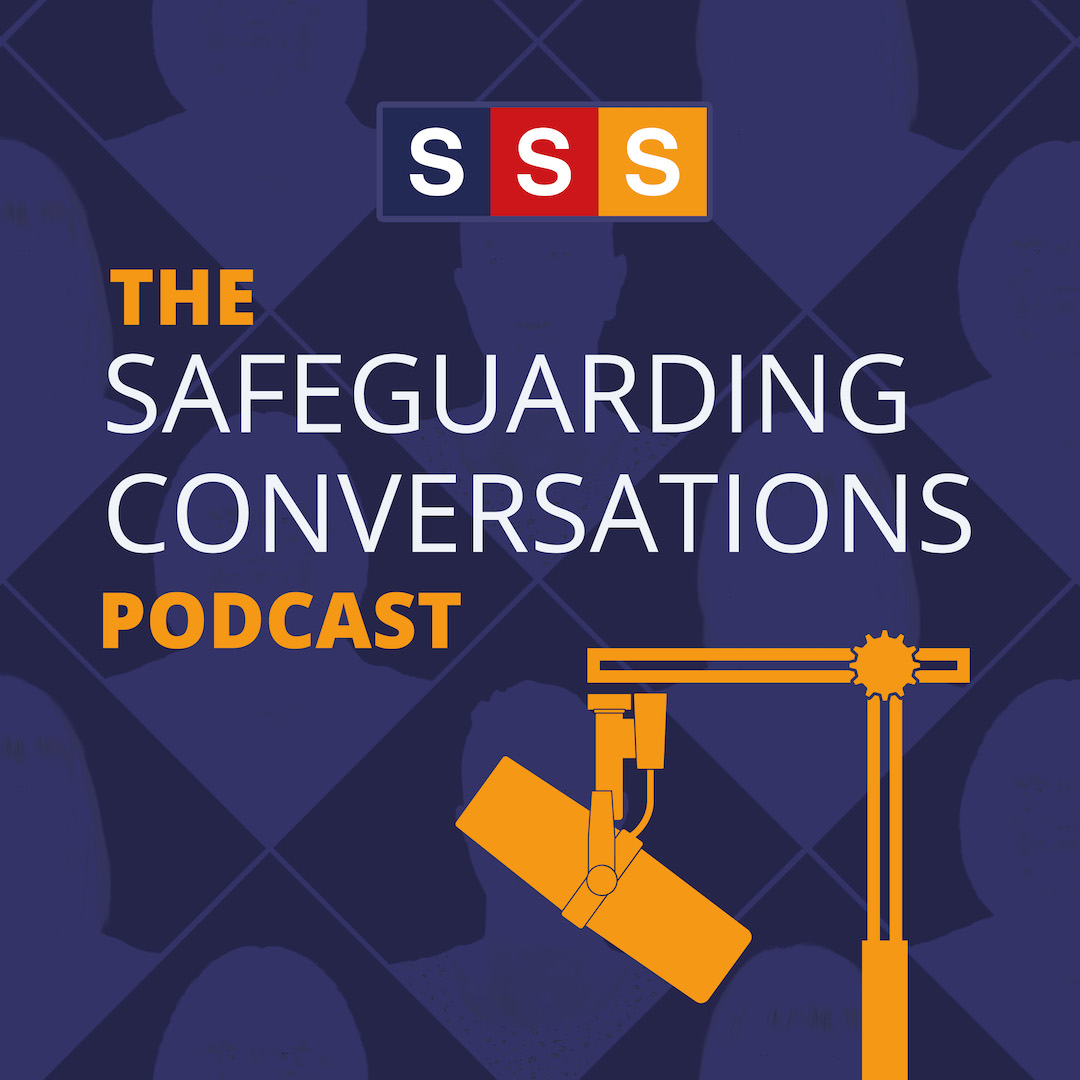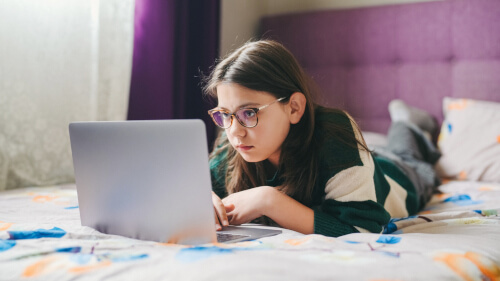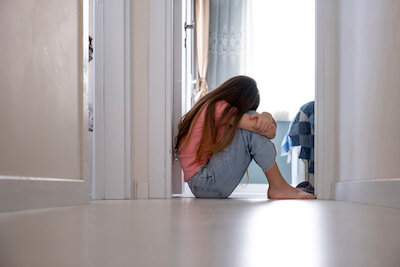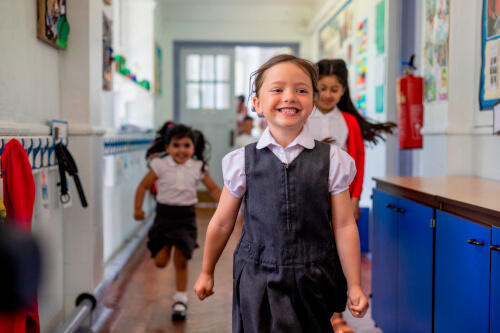Safeguarding - the Impact of Influencer Culture

Whether it’s fashion, fitness, gaming, or day-in-the-life videos, young viewers are watching, comparing, and sometimes struggling to live up to what they see. It’s not just celebrities anymore. Children today are growing up with influencers - ordinary people who have turned their online presence into careers.
Whilst it may seem like fun and entertainment on the surface, underneath it is quietly affecting how children see themselves, and the impact on their self-esteem is becoming harder to ignore.
Prior to the online digital age, such influence was mostly reserved for glossy magazines and red-carpet stars. Now there is unlimited daily exposure, often without children even realising. Instagram, TikTok, YouTube and Snapchat serve carefully curated content straight to their phones, often with highlight reels that feel real but rarely are.
While many influencers are relatable and down-to-earth, their content is often filtered, planned, and sponsored. Young viewers don’t always realise this, they just see perfection and often question why they fall short.
The report published by Girlguiding UK found that 62% of girls aged 11–21 feel pressure to look or behave a certain way because of celebrities and influencers online. This pressure is shaping how they see themselves.
There is now solid data to back up what many adults have sensed for a while. A study published in the International Journal of Environmental Research and Public Health found that even brief exposure to idealised Instagram images can reduce body appreciation among teenage girls. The impact was strongest when the images came from influencers.
Another major study found that children who spend more than three hours a day on social media are twice as likely to report low well-being.
- SSS Learning Training Course – Mental Health and Wellbeing of Children Training for School & Academy Staff
- SSS Learning's Complete Safeguarding Training Suite
These aren’t isolated findings. A growing body of research confirms the link between social media comparison and declining mental health in young people, especially those already vulnerable.
The Signs to Look For
Influencer culture doesn’t affect every child in the same way, but to safeguard children we should be mindful of signs such as:
- Constant comparison with online personalities
- Avoidance of being photographed unless filters are used
- Mood changes tied to online interactions or post-performance
- Talking about needing to ‘glow up’, get more followers, or look a certain way
- Self-criticism or phrases like ‘I’ll never look like that’ or ‘they’re perfect’
- Mimicking influencer speech, habits, or appearance changes
For some young people, online influence may just be a phase. For others, it runs deeper and may seriously affect their perceptions, how they view their worth.
Some children may be more sensitive to the pressures of influencer culture, including those who:
- Already experience low self-confidence
- Have difficulty fitting in socially
- Are facing challenges at home and seeking distraction or validation online
- Are neurodivergent, and may already find peer norms confusing
- Identify more strongly with external appearance or popularity
- As with many other safeguarding areas, children with special educational needs (SEND) may be more vulnerable.
What Can Adults and Schools Do?
There are some practical things we can do to help children build perspective and resilience to such influencers such as:
- Talking openly about how social media works. Show how images are planned, edited, and sometimes paid for.
- Teach critical thinking. Help them ask: ‘What’s real here? Who benefits from this post?’
- Praise what’s not visible online. Things like creativity, kindness, effort—qualities that last.
- Introduce media literacy early, not just in secondary settings.
- Encourage hobbies and friendships offline. Children need exposure to spaces where they’re not judged by looks or likes.
- Challenge harmful trends. Call out beauty myths, gender roles, or status symbols when they crop up in class or conversation.
- Keep the door open. Sometimes, children just need to talk to someone who listens without judgement.
Not all influencers promote negatively. Many promote confidence, awareness, and healthy conversations. But when young people constantly see filtered lives presented as effortless success, it can warp how they feel about their own.
Influencer culture is shaping childhood in new ways. But with honest conversations, positive role models, and steady adult support, we can help children focus less on the perfect image and more on reality. Their self-worth should never depend on what’s trending.
SSS Learning
2 June 2025












